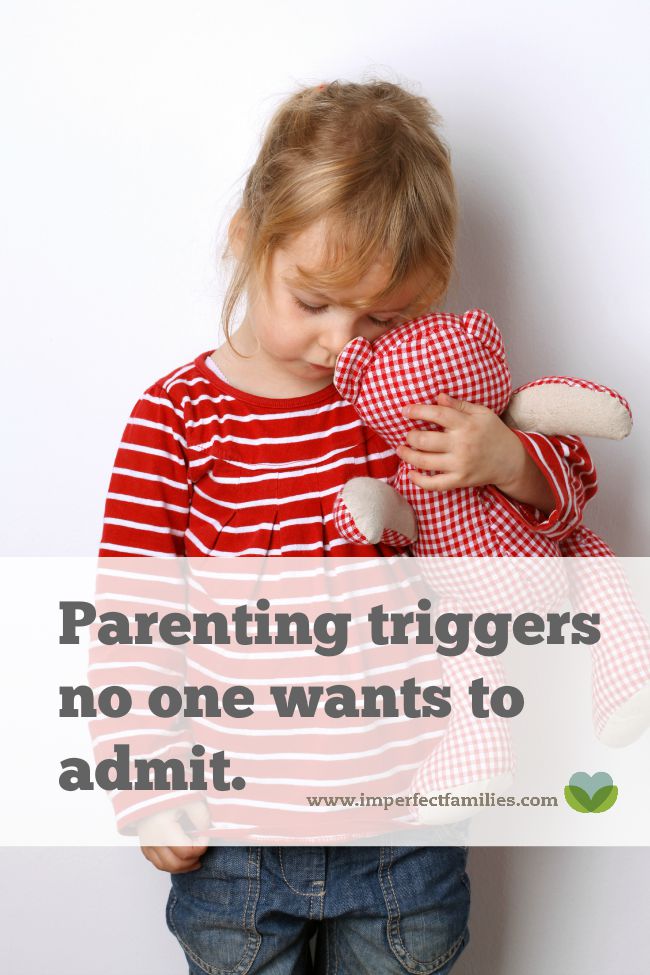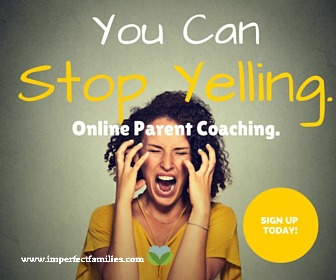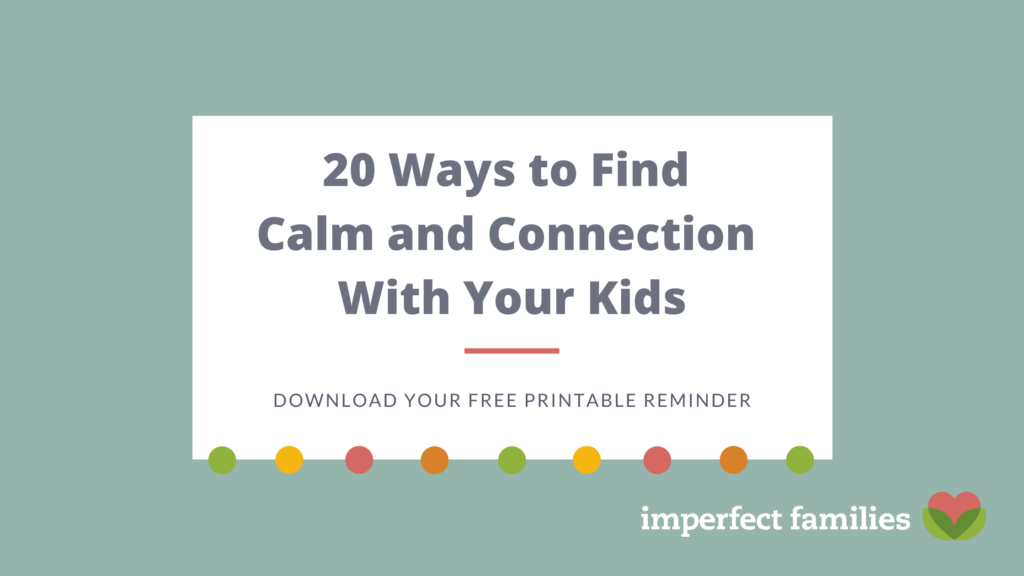Tired of always yelling at your kids? Feel like you are calm one moment and then angry the next?
Your first thought may be…” if only they would just listen the first time, I wouldn’t have to yell!” or “If he would just stop hitting his sister, I wouldn’t have to get so angry!”
There are tons of techniques that may help your child act differently. However, if you are having difficulty controlling your own behavior, that’s a bigger issue.
Instead of focusing on your child’s behavior, let’s take a look at what’s happening for you.
What are your parenting triggers?
“Triggers” are the things that ignite the fire within you, so to speak. These are the things that lead to your yelling, getting angry and upset. Most people don’t take the time to stop and think about what triggered their response. It seems automatic.
However, anger is usually a mask for another emotion such as sadness, fear, worry, hurt or disappointment. Showing these other feelings feels vulnerable.
Anger is often easier to display.
Since finding your parenting triggers may not come naturally, I will list a few things that parents often think but rarely say out loud.
Hidden Reasons We Become Angry With Our Kids
Tantrums scare me.
I don’t know how to help you.
I feel out of control too!
I cannot protect you.
You might fail.
If you’re this bad at 2, how much worse will you be at 13!
I’m overwhelmed, tired, stressed, overworked, under-appreciated…
Your needs are inconvenient for me.
You’re making life hard for me.
I expect perfection.
I expect you to act like a mature adult.
Am I turning into my father?
You remind me of my ex-husband.
I’m a horrible parent.
So What Do You Do Now?
Instead of keeping these statements hidden, let’s get them out in the open and deal with them.
- Write it out: Keep a running list of situations when you responded with anger and a possible trigger. Use this list to find patterns or common themes. It can be a quick note: “Sophie refused to drink out of the red cup. It was inconvenient for me, and I expect her to act like a mature adult instead of a 2-year-old”
- Say it out-loud: Change your wording to reflect what’s going on inside, keep the focus on you and your feelings or thoughts. “I am worried that if you two keep fighting like that you will have a horrible relationship when you are adults and will never speak to each other, we’ll never have holiday dinners together…”
- Take a time-out: Calm your brain and your body by giving yourself a little break. It may be a 10-second deep breath or it may be a 10-minute walk. Don’t be discouraged if you’ve already started getting upset, just notice the anger and make the choice to take a break.
- Work it out: Focus on repairing the relationship with your child after an argument. Model ways to make amends: saying “sorry,” giving a hug, writing a note. Even though you were triggered, your child may have played a role as well. If possible, brainstorm ways that you can both do things differently next time.
- Talk it out: Finding a mental health professional may be the most important step you take in managing your anger. There are some things that you cannot manage or change on your own. Triggers from past relationships, an explosive or dangerous temper, alcohol or drug abuse, extreme anxiety or depression may be too difficult to change without support.
With time, you will be aware of possible trigger situations, and be able to intervene before you act out with anger.
But, even if you do become triggered, all is not lost! Give yourself a second to breathe, then think it through: “Why was I triggered by that situation?” and “What can I do differently next time?”
Parenting is about learning. The more you know, the better your choices will be next time!





Comments have been turned off to retain the privacy of all families. If you have a question or comment on the topic, you're always welcome to contact me.